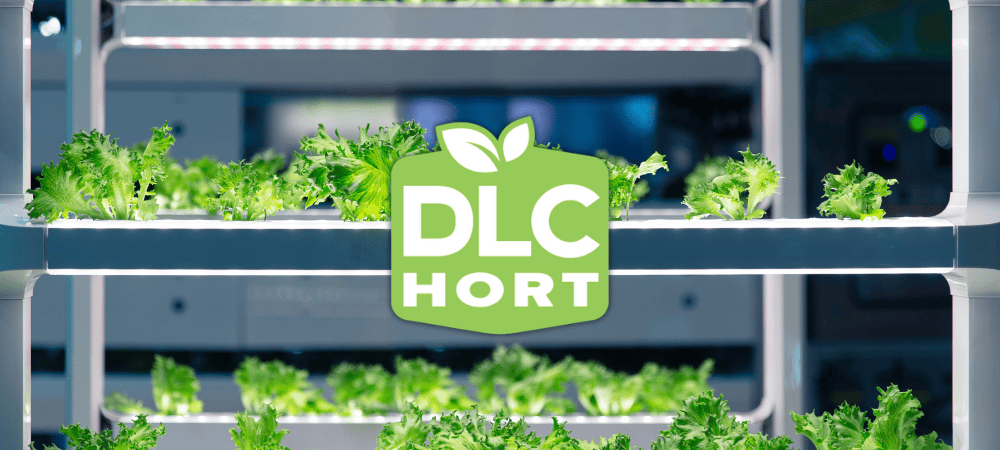This website uses cookies so that we can provide you with the best user experience possible. Cookie information is stored in your browser and performs functions such as recognising you when you return to our website and helping our team to understand which sections of the website you find most interesting and useful.

Lighting and controls manufacturers, engineering and design consultants, non-profits, researchers, and indoor cultivators are among stakeholders recently appointed help the DLC accelerate the horticultural lighting industry’s adoption of networked lighting solutions that advance both crop production and energy efficiency.
“The controlled environment agriculture industry has grown steadily since the DLC created its first horticultural lighting technical requirements and Qualified Products List in 2018,” DLC Executive Director and CEO Tina Halfpenny said. “We look forward to collaborating with these industry experts as we take the DLC’s horticultural program to the next step, expanding the role of connected and integrated lighting solutions that will enhance both energy use and crop production.”
Representing the interests of their respective industries rather than individual companies and organizations, members of the Horticultural Lighting Controls Technical Working Group include:
- Mikhail Sagal, TSRgrow
- Erik Runkle, Michigan State University – College of Agriculture & Natural Resources
- Gretchen Schimelpfenig; Greenhouse Lighting & Systems Engineering (GLASE) Consortium
- Eric Eisele, GrowFlux
- Mark Blonquist, Apogee Instruments
- Cristin Dziekonski, Fluence
- Ihor Lys, Agnetix
- Francois R.-Moisan, Sollum Technologies
- Emmanuel W J L Oomen, Hawthorne Gardening Company
The nine-member panel will provide input on DLC horticultural lighting program updates, creation of resources, and related activities. Moreover, as the DLC continues to improve the efficacy and quality of horticultural lighting eligible for utility incentives and rebates, the working group will provide technical and strategic feedback and input on activities such as:
- Mapping opportunities for horticultural lighting controls and integrated controls solutions that save energy and/or optimize crop production;
- Addressing challenges and risks to the advancement of energy-saving and/or production-improving connected solutions; and
- Reviewing and developing resources that support the DLC’s mission, DLC efficiency program member objectives, and grower needs, including case studies, grower education and guidance, and program implementation.
The Horticultural Lighting Controls Technical Working Group is expected to meet quarterly. Explore the DLC website for more information about horticultural lighting and the Horticultural Lighting Technical Requirements, and to search for and view hundreds of products on the Hort QPL.
© 2023 DesignLights Consortium. The DesignLights Consortium is a project of Efficiency Forward, Inc., a non-profit 501(c)3 organization. Privacy Policy Terms of Use
